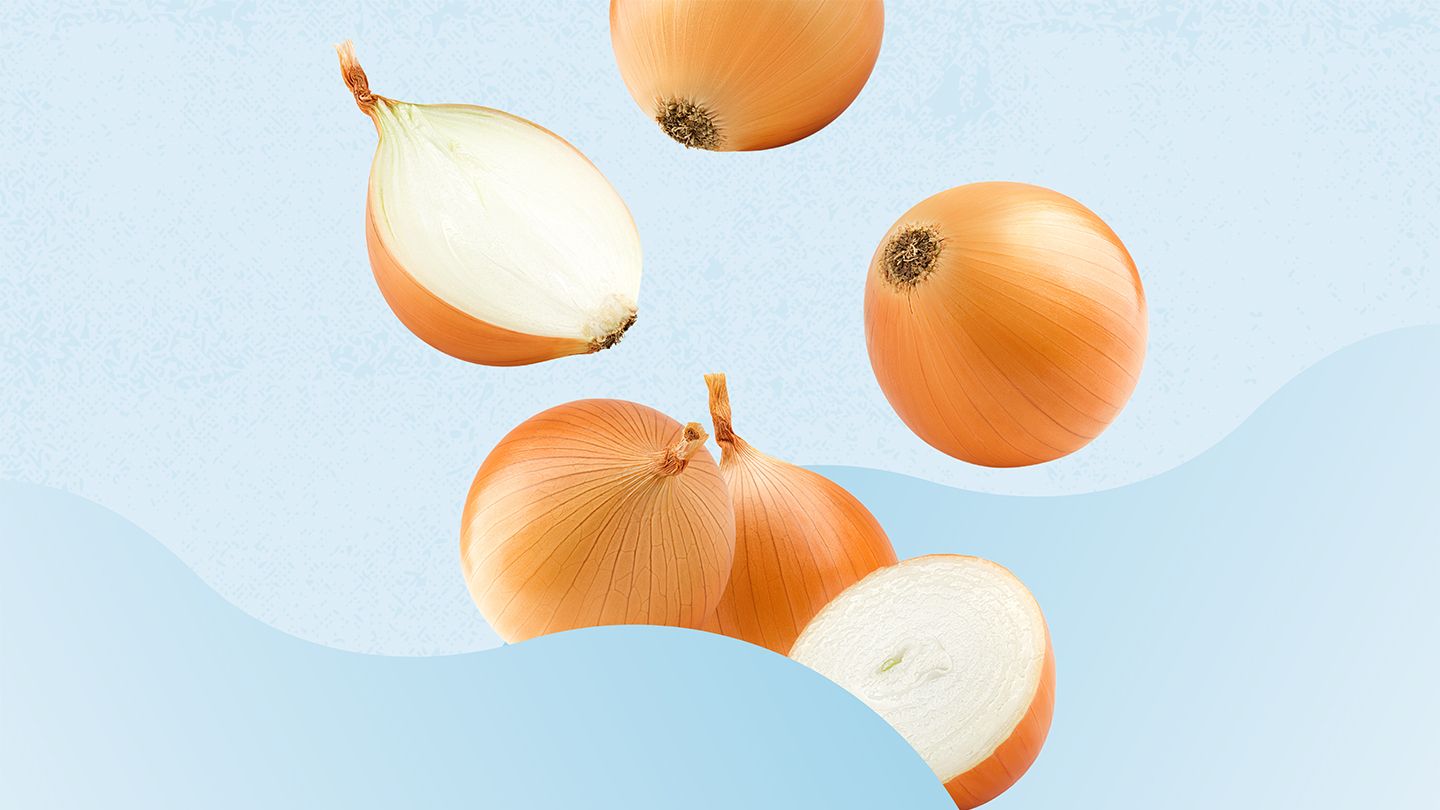Breathe Easy: Natural Remedies to Clear Stuffy Noses and Sinus Congestion
Few things are as frustrating as congestion from a cold, allergies, or sinus infection. Blocked nasal passages make it hard to breathe or sleep. Thankfully, there are many natural ways to get fast congestion relief and open clogged noses and sinuses.
Causes of Nasal and Sinus Congestion
Before exploring home remedies, it helps to understand the common causes of congestion:
Colds and Flu
Viral respiratory infections like colds and flu commonly cause swollen nasal passages and overproduction of mucus.
Allergies
Inhalation of allergens like pollen, dust mites, and pet dander can trigger allergy symptoms like stuffy nose and sinus congestion.
Sinus Infections
Bacterial or viral sinus infections cause inflammation and fluid buildup in the sinuses leading to clogged passages.
Weather Changes
Nasal tissues can swell from shifts in temperature, humidity, and atmospheric pressure.
Dry Environments
Heated and air conditioned indoor air can dry out nasal passages and worsen congestion.
Tips for Relieving Stuffy Noses
Before turning to medication, try these tips and home remedies:
Blow Nose Gently
Blow nose softly, one nostril at a time, to avoid putting excess pressure on sinuses.
Use Saline Rinse
Flush out nasal passages regularly with a saline spray or rinse to loosen mucus.
Stay Hydrated
Drink plenty of water to keep nasal mucus thin and flowing.
Take Steam Showers
Inhaling warm steam moisturizes nasal passages and helps clear mucus.
Try Nasal Strips
Adhesive strips open nasal airways by lifting the sides of the nose overnight.
Use a Humidifier
Humidifiers add needed moisture to dry air, helping shrink swollen nasal tissues.
Apply Warm Compress
Place a warm, wet washcloth over your nose and cheeks to open clogged nasal passages.
Top Congestion Remedies from Your Kitchen
Many proven natural remedies for stuffy noses can be found right in your kitchen:
Chicken Soup
Warm broth temporarily speeds up mucus flow and provides hydration.
Spicy Foods
Sinus-clearing spices like garlic, horseradish, ginger, and chili peppers contain congestion-busting compounds.
Onion
Raw chopped onions release vapors that loosen mucus when inhaled.
Apple Cider Vinegar
Mixed with warm water and honey, it relieves sinus pressure and thins mucus.
Hot Tea
Inhaling steam from tea boosts nasal moisture. Antioxidant rich green tea fights inflammation too.
Peppermint
Menthol in peppermint shrinks swollen nasal tissues. Enjoy in tea, added to saline rinse, or inhaled as essential oil.
Honey
Honey coats irritated sinuses and throat while providing antimicrobial benefits.
Lemon
Lemons are packed with vitamin C which reduces congestion. Add lemon juice to tea or hot water.
Ginger
Ginger contains anti-inflammatory compounds called gingerols that open congested airways.
Chicken Soup
The warm broth temporarily speeds up mucus flow and provides hydration.
Handy Tips for Using Congestion Remedies
To maximize the effectiveness of common nasal decongestants:
Do Saline Rinses Often
Use saline spray or rinse 2-3 times a day. Choose buffered saline containing baking soda to minimize irritation.
Time It Right
Take hot showers, use humidifiers, or apply warm compresses right before bed to promote drainage.
Tilt Forward
When using saline spray or hot showers, tilt head forward so solutions run into nose instead of down throat.
Try a Neti Pot
Use a neti pot to flush sinuses with saline. Distilled or sterilized water is safest to prevent infection.
Minimize Irritants
Avoid smoking or secondhand smoke and strongly scented products until congestion clears.
Layer Remedies
For stubborn congestion, combine remedies like hot tea with lemon and honey plus a saline rinse.
See Your Doctor
If congestion lasts more than 10-14 days or worsens, see a doctor to check for sinus infection.
Soothing Congestion Relief from Aromatherapy
Aromatherapy uses concentrated essential oils to open stuffed nasal passages and calm inflamed sinuses. The most effective options include:
Eucalyptus Oil
Eucalyptol in eucalyptus oil reduces swelling and thins mucus when inhaled or used in a steam inhalation treatment.
Peppermint Oil
Menthol cools irritated nasal tissues while providing a refreshing scent that clears plugged airways.
Eucalyptus Oil
The phenols in oregano oil contain antiviral, antibacterial and anti-inflammatory agents to attack sinus infections.
Rosemary Oil
Powerful rosmarinic acid in rosemary oil calms inflammation and stimulates sinus drainage.
Lavender Oil
Promotes relaxation while reducing congestion. Often blended with eucalyptus or peppermint oils in decongestant rubs.
Thyme Oil
Thymol gives thyme antibacterial and antispasmodic benefits that relieve sinus pressure and swollen nasal tissues.
Tea Tree Oil
Natural antiviral, antibacterial and anti-inflammatory properties help clear underlying sinus infections.
Using Essential Oils Safely
When using essential oils for congestion, be sure to:
Dilute Properly
Add drops of essential oil to carrier oils like coconut or almond oil before applying topically.
Do Test Patch
Apply diluted oil to small area of skin first to check for reaction before broader use.
Watch Concentration
Use only 1-3 drops of essential oil per ounce of carrier oil to avoid irritation.
Never Ingest
Essential oils should not be swallowed due to toxicity concerns. Use topically or aromatically only.
Natural Nasal Sprays for Congestion Relief
Drug-free nasal sprays can moisturize dry nasal passages and break up mucus. Options to make at home include:
Saline Spray
Soothes inflamed tissues. Mix 1 cup distilled water, 14 tsp salt, and 14 tsp baking soda.
Xylitol Spray
Helps dry out mucus. Stir 1 tsp xylitol into 1 cup distilled water until dissolved.
Herbal Spray
Relaxes nasal tissues. Steep chamomile, eucalyptus, or menthol in hot water and chill before use.
Aloe Vera Spray
Coats and repairs nasal lining. Blend 2 Tbsp aloe vera gel with 1 cup water.
Hydrogen Peroxide
Breaks up mucus. Mix 1 part 3% hydrogen peroxide with 2 parts water.
Nasal Spray Tips
To properly use nasal sprays:
Purify Water
Use distilled or boiled water and sterilize containers to prevent infection.
Clean Applicator
Rinse nasal spray tops regularly to keep clear of residue buildup.
Shake Well
Agitate homemade nasal sprays before each use to evenly mix ingredients.
Spray Gently
Angle nozzle outward and lightly mist each nostril to distribute spray thoroughly.
Avoid Overuse
Limit saline spray to 2-3 times daily max to prevent dependence. Discontinue when congestion improves.
Clear Stuffy Noses Naturally
Staying hydrated, using humidifiers, and taking OTC decongestants can also provide relief safely. But when congestion lingers, be sure to see a doctor to rule out sinus infection.
Rather than reach for medication right away, give natural remedies a try first. A Stuff nose and clogged sinuses quickly clear with the help of menthol, steam, hydration, and sinus flushing treatments.
Look for instant congestion relief in your own kitchen before buying expensive products. Chicken soup, spicy foods, mint, onion, and citrus contain decongestant compounds to open stuffed nasal and sinus passages fast.
FAQs
What causes nasal and sinus congestion?
Common causes include colds, allergies, sinus infections, weather changes, and dry indoor air.
What natural ingredients help clear congestion?
Chicken soup, spicy foods, mint, onion, garlic, citrus fruits, ginger, and honey provide congestion relief.
How often can you use a saline nasal spray?
Saline spray can be used up to 3 times per day. Overuse can cause dependence so discontinue when congestion improves.
What essential oils open stuffed nasal passages?
Eucalyptus, peppermint, oregano, rosemary, lavender, thyme, and tea tree essential oils clear congestion.
When should you see a doctor for congestion?
See a doctor if congestion lasts more than 10-14 days without improvement or if symptoms worsen to rule out sinus infection.
Disclaimer: This article is for informational purposes only and does not constitute medical advice. Always consult with a healthcare professional before starting any new treatment regimen.
Related Coverage
Feeling awful but unsure if you're too sick for work? Take this quiz to decide if you should stay home and recover. Look for symptoms like fever, fatigue, infection, nausea....
Can you safely take ibuprofen and DayQuil together? Experts warn combining them poses avoidable risks like liver toxicity, bleeding issues, and intensified side effects....
Putting Vicks VapoRub in your nose seems like a fast sinus relief hack. But this risky use can cause painful irritation, breathing issues, and toxicity....
Learn how to identify, harvest, and consume different varieties of acorn nuts. Includes tips on gathering ripe acorns from oak trees and using them in recipes....
Compare Alka-Seltzer Plus and DayQuil cold and flu products by ingredients, formats, symptom relief abilities and more to determine which OTC medication is best for your needs....
Honey, onion, and garlic syrup is an ancient folk remedy used to soothe coughs and irritated throats. Learn how to make it and the science behind its benefits....
Examining the potential impact of NyQuil on blood pressure levels, especially for high-risk groups like the elderly, those with hypertension, heart disease, or who are pregnant....
Vapor baths provide natural relief for stuffy nose congestion. Inhaling warm, moist air helps thin mucus, soothe inflammation, and clear stuffiness....
Learn tactics for getting restorative sleep while dealing with annoying night coughs, congestion and body aches from colds and flu....
From first tickle to last cough, the average common cold lasts 7-10 days, with peak severity around day 4. Learn about common cold stages, symptoms, and treatment....








